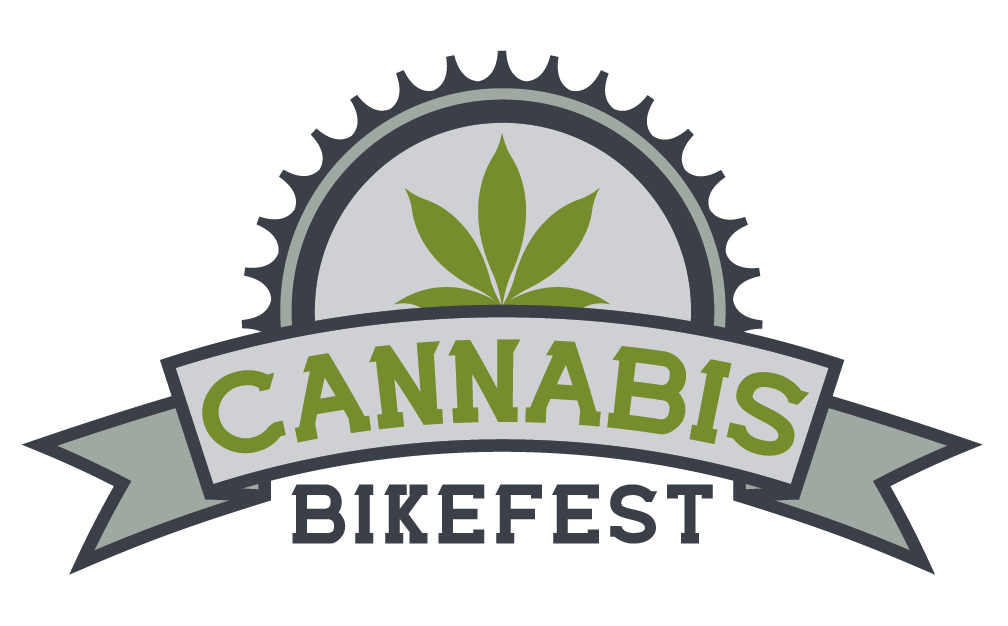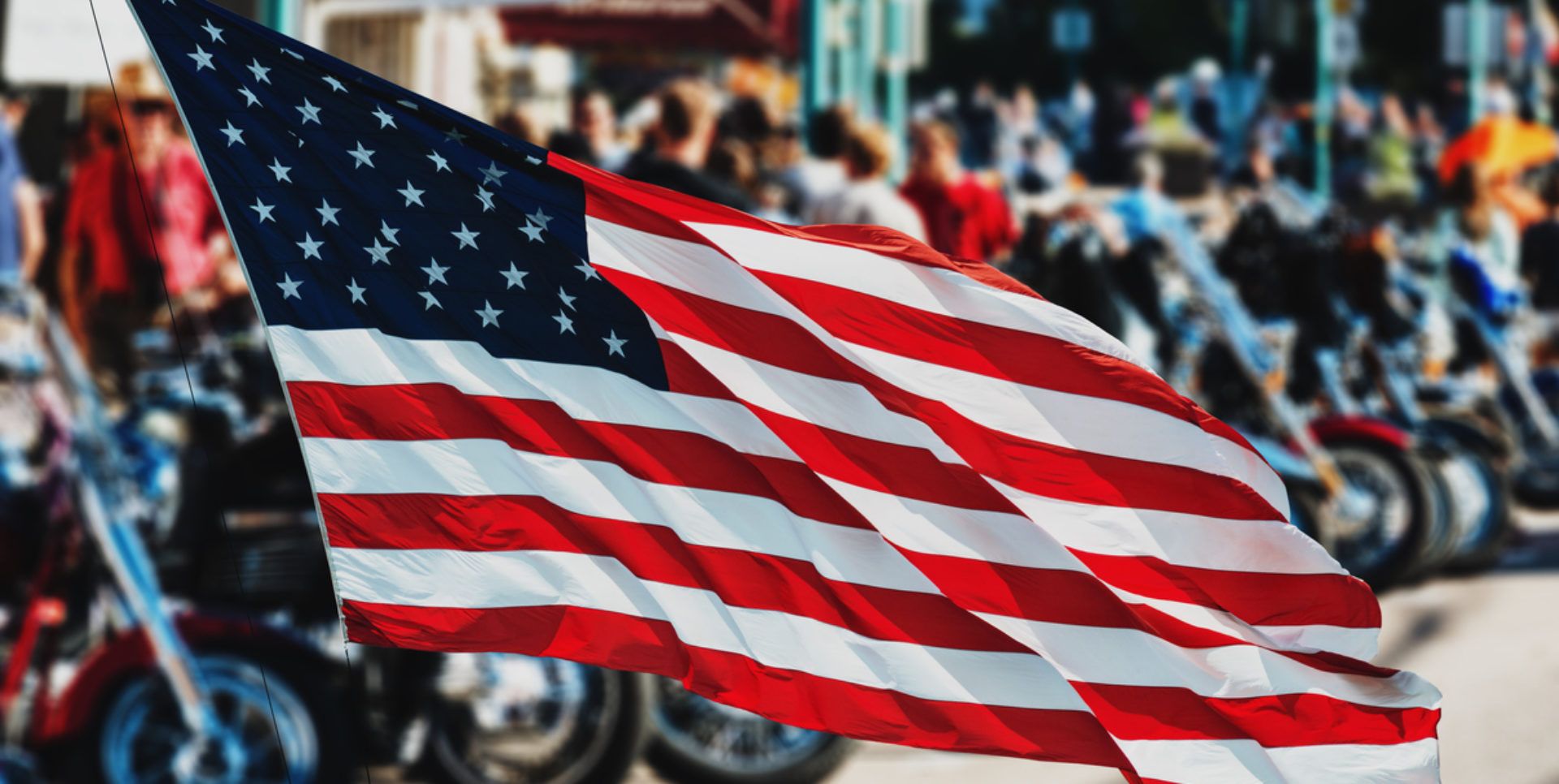For many veterans, the return to civilian life is layered with challenges that extend well beyond the battlefield. Physical injuries, chronic pain, post-traumatic stress disorder (PTSD), and mental health struggles are often a daily reality. In recent years, medical cannabis has become a therapeutic option that countless veterans have turned to for relief. What makes this journey even more powerful is the growth of community-based support groups that bring veterans together to share experiences, resources, and healing.
Why Veterans Seek Medical Cannabis
Conventional treatments like opioids, antidepressants, and sleep medications have long been the default prescriptions for veterans managing pain or trauma. Unfortunately, these medications often bring side effects or risk of dependency. Medical cannabis, by contrast, has been reported to reduce anxiety, improve sleep, and ease chronic pain without the same long-term risks. While research continues to expand, many veterans find that cannabis provides a sense of balance that traditional medicine cannot.
Support groups play a vital role here. They give veterans a space to learn from one another’s experiences with strains, dosages, and consumption methods. The information is not just clinical but practical—what worked, what didn’t, and what to be cautious about.
The Power of Peer-Led Communities
Unlike formal medical appointments, peer-led groups offer a unique kind of trust. Veterans often feel more comfortable opening up to fellow service members who understand the culture, language, and shared hardships. This bond creates an environment where honest conversations about cannabis use can flourish without fear of judgment.
Many of these groups meet in person at community centers, dispensaries with veteran programs, or local nonprofits. Others thrive online, using forums and virtual meetups to bring veterans from across the country into one supportive network. In both spaces, the emphasis is on shared learning, emotional support, and advocacy for better access.
Beyond Medicine: Rebuilding Purpose and Connection
For veterans, the benefits of these support groups extend beyond medical cannabis itself. Social isolation is a serious issue for many after military service, and group meetings help reintroduce a sense of belonging. Veterans not only discuss how cannabis helps them but also organize community events, volunteer projects, and advocacy initiatives.
By engaging in these activities, members rediscover purpose—something many report as missing once they leave the structured environment of the military. Support groups become more than just about managing symptoms; they become about reclaiming identity and finding new meaning in civilian life.
Barriers Still Remain
Despite the progress, challenges persist. Federal prohibition means that many veterans under Veterans Affairs (VA) care do not receive formal guidance on cannabis use. This forces them to seek answers outside official medical channels. Costs can also be a burden, as cannabis is not covered by insurance. Support groups often step in to help members navigate discounts, legal nuances, and local programs designed to ease financial strain.
Moving Forward Together
As the conversation around cannabis continues to evolve, veterans’ support groups remain a critical piece of the puzzle. They are proving that healing is not only about the medicine itself but also about connection, trust, and community.
For veterans, joining a cannabis support group often represents more than just seeking relief—it’s about finding solidarity, dignity, and hope. And for the communities that welcome them, it’s a reminder that healing works best when shared.
Discover: Cannabis charitiy organizations.

